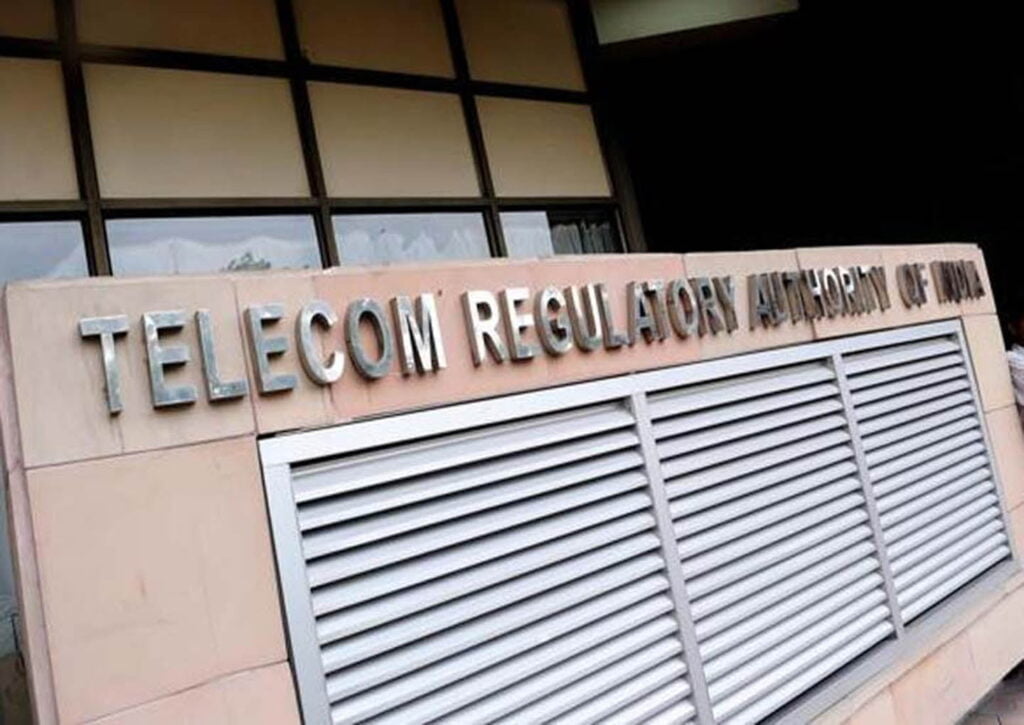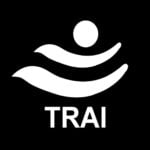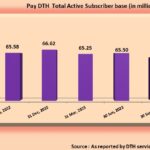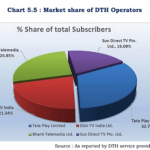The Telecom Regulatory Authority of India (TRAI) on Tuesday recommended structural reforms in the governance structure of the Broadcast Audience Research Council (BARC) to mitigate the potential risk of conflict of interest.
The regulator in its recommendations said that it was necessary to improve credibility and bring transparency in the TRP measurement system to instill confidence in all stakeholders. It has suggested that the composition of the Board of BARC India should be changed as part of the structural reforms.
TRAI has suggested that the Board have atleast 50 percent independent members which shall include one member as a measurement technology expert, one national repute statistician from a top institution of the country, and two representatives from the regulator.
The tenure of the board members should be for two years. It further suggested equal representation of the constituent Industry associations, namely AAAI, ISA and IBF with equal voting rights irrespective of equity holdings. It has suggested active participation of the representatives of the Advertisers and the advertising agency to bring accuracy, transparency, credibility and neutrality in the system.
The nomination of representatives from constituent Industry Associations shall be subject to a cooling period of 4 years between two consecutive tenures for any nominee member. The tenure of the Chairman of the board will be restricted to 2 years with it being rotated among the constituent industry associations.
It has recommended increasing the number of members in the technical committee to 5 with addition of two external technical experts. An oversight committee with representation from IIM, IIT, media research, demography expert, I&B Ministry and TRAI nominee, and NCAER should be formed to guide BARC India in areas of research, design, and analysis, constantly improving the rating system.
The Oversight committee will also be responsible for the appointment of independent members of the board as well give policy direction to BARC India. TRAI has suggested credible and accurate collection of data, multiple data collection agencies would bring in new technologies, new research methodologies, and better ways to ensure better data quality.
The regulator has recommended that BARC stay at one arms length from its own subsidiary, which is sole data collecting agency for BARC as of now, so that the entire process of measurement is carried out independently. It also suggested withholding the name of the channel to bring more transparency in the complete process.
TRAI has suggested BARC function in two separate units, one unit which will be responsible for prescribing methodology of ratings and for publishing the data and audit mechanism, while the second unit would process the data, watermarking or any other technical work.
It has recommended that BARC limit its role once multiple agencies come forward for rating. It should frame methodology, audit mechanism and publish ratings. The sample size is to be increased to 60,000 from the existing 44,000 by the end of the 2020, and 1,00,000 by the end of 2022 using the existing technology.
The regulator has further suggested that BARC immediately conduct a study in corroboration with ISI or any institution of repute, to estimate the appropriate sample size, and to get the correct representation of the viewership. TRAI has recommended financial disincentives including the registration cancellation, if the specified target is not met by BARC.
TRAI has recommended the I&B Ministry to amend the DTH license and MSO registration to mandate STBs capable of transferring viewership data and adoption of RPD technology. It said that anonymized data should be transferred electronically to BARC for analysis and TV rating purpose. However, it should not be done without the consent of the subscriber.
It stated that the DPOs could mutually negotiate the terms and conditions for sharing the data with Measurement Rating agency within TRAI framework which will be prescribed if these recommendations are accepted by MIB.
TRAI stated that BARC should keep all the original and relevant data safe for the atleast one year in the same pattern and format as in the final ratings. It should also review its outlier policy based on scientific study and market survey conducted from time to time. It should automate data processing in such a manner that no manual intervention in the meter level must be avoided.
The final 28th recommendation said that BARC should get an annual audit conducted by an independent agency to ensure conformance with TRP rating methodology, sample size, and grievance redressal methodology, and publish audit reports on their website.








